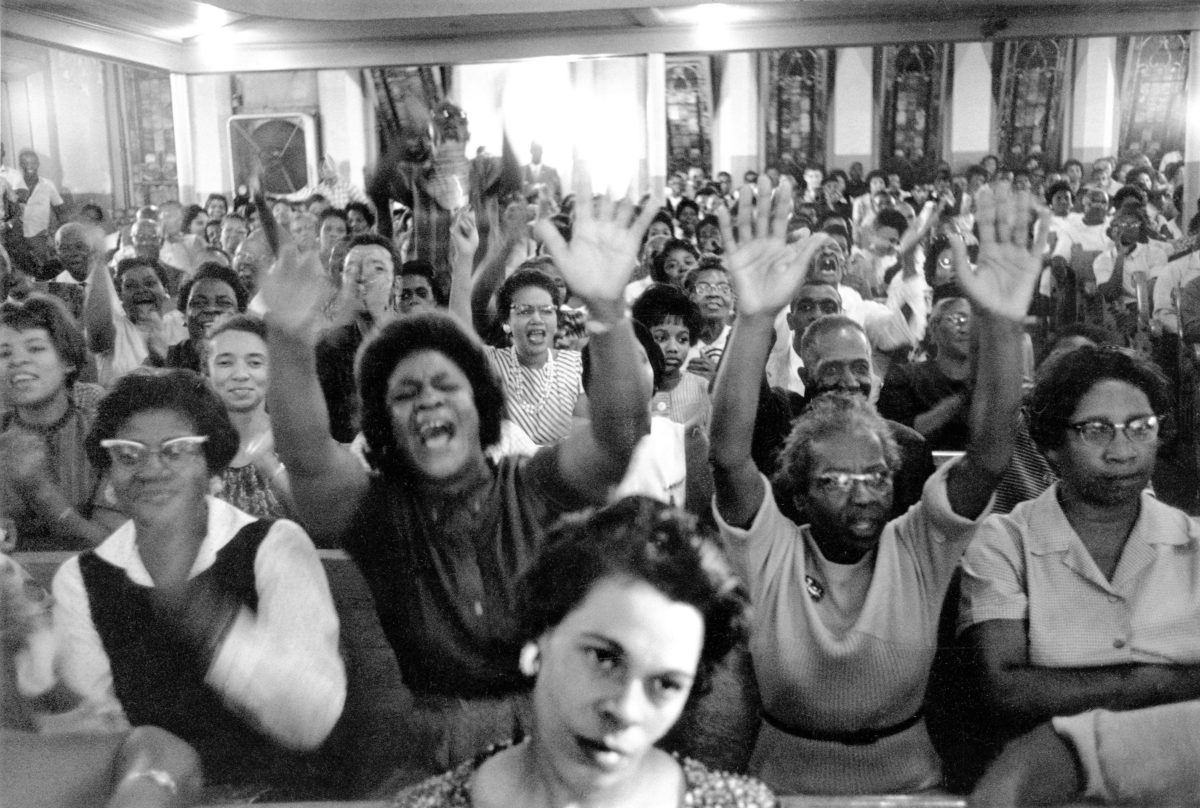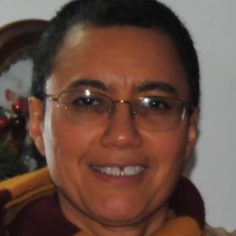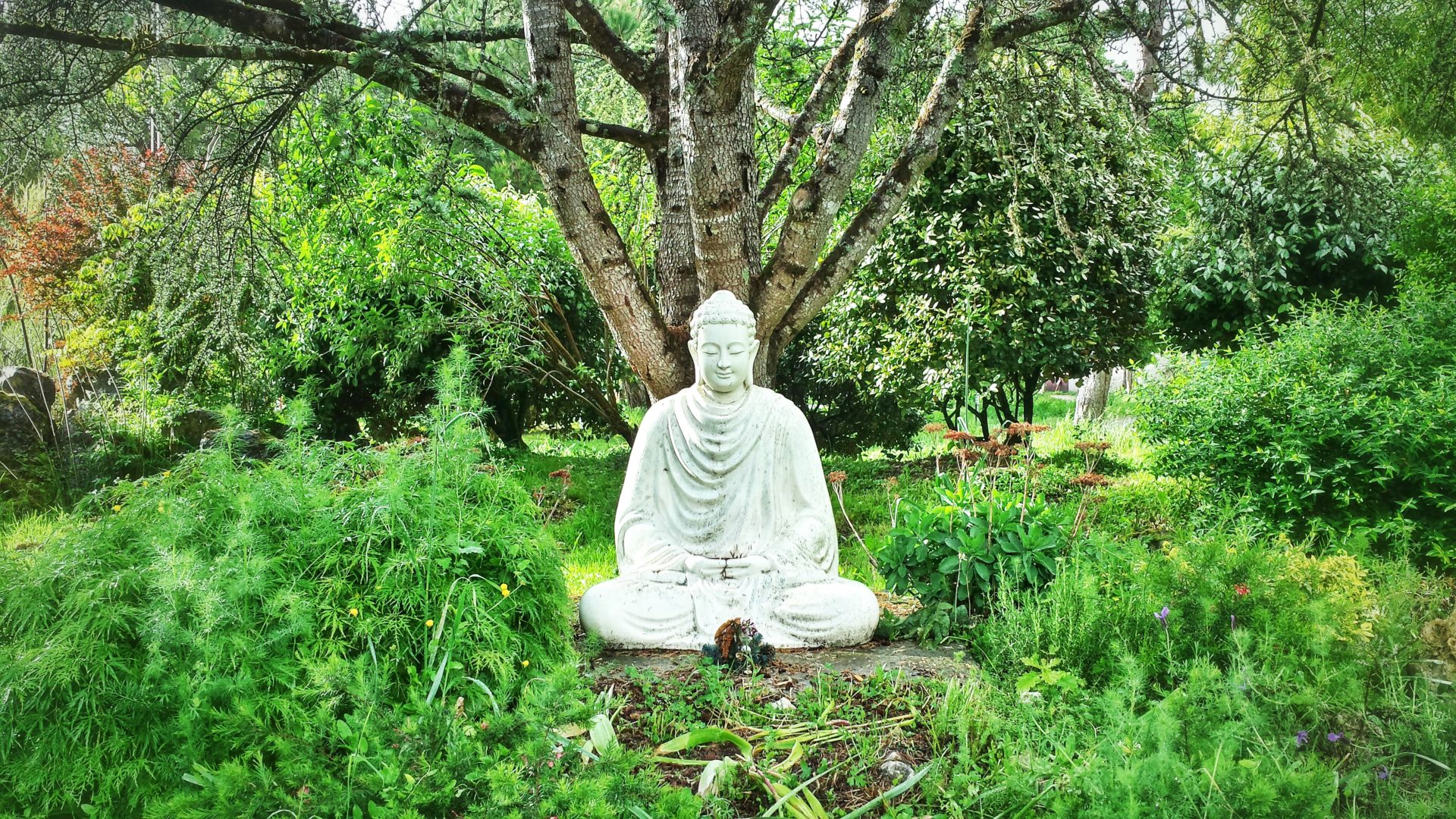By Marisela B. Gomez MD in October 2014
It is important to bring spirituality more intentionally into our struggles for truth, peace, and justice, as this grounds our social movements in the strength of our collective humanity, bridges our struggles across identity politics, enhances our clarity in decision making, and sustains our energy and joy.

“A Love Ethic”
When we look at some of the photos and video images of the Civil Rights Movement,
By Marisela B. Gomez MD in October 2014
It is important to bring spirituality more intentionally into our struggles for truth, peace, and justice, as this grounds our social movements in the strength of our collective humanity, bridges our struggles across identity politics, enhances our clarity in decision making, and sustains our energy and joy.

“A Love Ethic”
When we look at some of the photos and video images of the Civil Rights Movement, listen to and read some of the history, we glimpse or touch the spirit of the movement. One image [shown below] is embedded deeply in my consciousness. It is a scene in a church where congregants are listening to a sermon encouraging solidarity and nonviolence during the violent backlash against a group of people who were demanding justice and freedom in 1963. The looks on the faces show a deep level of comfort, touching a place of refuge that goes beyond words or actions and offering strength from which perseverance was sustained in the struggle. This movement nurtured a spirit that grew a collective compassion, humanity, and nonviolence. This powerful base has been missing in current struggles for justice and truth.

Dr. Martin Luther King Jr. eloquently preached and practiced bringing the spirit of love into our social movements. He devoted himself to transforming racial and economic injustice and knew this was only possible and sustainable through the practice of love. His goal and ultimate aim was to create the “beloved community,” in which brotherhood and reconciliation could blossom. Today revolutionary activists such as bell hooks continue Dr. King’s message: “When love is the ground of our being, a love ethic shapes our participation in politics.”1 She names the spirit needed for justice in all oppressions as the reason for her work: “To me, all the work I do is built on a foundation of loving-kindness. Love illuminates matters. And when I write provocative social and cultural criticism that causes readers to stretch their minds, to think beyond set paradigms, I think of that work as love in action. While it may challenge, disturb and at times even frighten or enrage readers, love is always the place where I begin and end.”2
In these times of grave economic inequities, it is important for activists for peace to articulate, practice, and encourage the practice of love and compassion. When we assure respect, understanding, tolerance of differences, and trust in ourselves, we embody the values we want to see in society. Without understanding, conflict escalates and revenge waters the seed of retaliation, nurturing the cycle of violence and oppression in ourselves and the other. But with the practice of love and understanding, we step on the path of healing our conflicts, through deep listening and loving speech, through reconciliation and beginning anew, our spiritual practice. We begin to recognize the strength of a collective spirit grounded in peace, forgiveness, and cooperation, which nurtures the same qualities in us, the first step in our struggles for peace and justice.
As the director of a community organization (Save Middle East Action Committee, SMEAC) challenging the displacement of low-income and African American people in Baltimore, part of my work was to encourage residents to listen to what was being said and what was not being said by those forcing them to move. In the midst of not knowing where you will live in six months or whether your child will attend the same or a different school next semester, it becomes difficult to listen with an open heart to what a developer who wants your land is saying. But it was only when we could let them speak their truth that we could understand the perceptions they had of the other. This helped us to build a campaign that highlighted the racism, classism, greed, and injustice of the developers and win support for residents: love in action for justice.
Bridging across Identity Politics
During many years as a peace and justice activist, I have witnessed how our individual struggles for justice are separated into different identity politics which may include race, class, gender, sexual orientation, immigrant status, disabilities, religious choice, age, health and human rights, language, and environmental sustainability. Involved in any one struggle, we may find ourselves diminishing the struggle of other groups, competing with each other for perceived limited resources, and oppressing another group while we struggle to dismantle our chosen oppression. For example, we may oppress women while we challenge racial inequality, or we diminish the role of racial oppression as we struggle for class equity, or demean homosexuals while opposing injustices against immigrants. We do this unknowingly and sometimes knowingly as we move through our busy lives feeling confident that our chosen struggle is the most important one.
My experience participating with different struggles for justice is that each struggle can be largely disconnected from the others. I remember at one time being engaged with at least three different activist groups, each somewhat unaware of the importance of the issues of the others. We too easily forget our common humanity, our love, which motivated us to seek for justice, truth, and peace in the first place. While in our hearts and minds we believe in these values for ourselves, in our fast-paced lives we forget the struggles of others. When we fail to remember and stay connected with other oppressed groups, we become alienated from our brothers and sisters in their struggles for justice. We remain disconnected from the shared humanity of all oppressed people and can become the “oppressor” that we challenge in our own struggles for justice. We are also weakened as seekers of truth by this lack of awareness and love, and contradict the intention of justice and peace for all. We forget that we both benefit from privilege and suffer from deprivation throughout different moments of our lives.
As an overeducated woman of color in a racist society, I walk daily with and without privilege. Driving while black in Baltimore one night in the wrong neighborhood, being pulled over by the police, dragged out of my car, thrown to the ground and searched, while my car was searched for drugs without my permission, reminded me that no amount of education removes the perceptions of what skin color means in society and how this is manifested in institutional, cultural, and individual ways. This was an experiment of recognizing the limits of my class privilege, trumped by color. Similarly, I am aware that degrees of higher education have allowed me access to benefits, such as this spiritual path that I am currently on. Having the time to go to retreats, find and nourish spaces of healing, requires time and money. Many low-income people have neither.
Forces of oppression intentionally create disconnection and separation. We need a spiritual practice that respects all struggles, recognizing our shared dehumanization, and knows that freedom for one group enhances freedom for all. Seeing that our struggles are interwoven immediately brings us strength as we feel connected to a larger group. The awareness of this spiritual base of connection across different political identities and justice struggles—if built and maintained as a driving force in our daily struggles—can become the matrix or net of power capable of overcoming all oppressions. Such a powerful matrix of spiritual connectedness helps to remind each struggle of the importance and value of the others. Building such a network connects the spirit of our struggles, the truth of our struggles, the justice of our struggles, as part of a peaceful whole. It reasserts the greater wholeness of all humanity that exists beneath the social construct of identity politics.
Enhancing Our Clarity, Sustaining Our Energy, Bringing Joy
When I feel grounded and connected to something bigger than myself, I have more energy and clarity. This clarity allows for decision making that is more wise and insightful. I am less likely to make decisions quickly from a place of insecurity or a threatened ego, because I feel connected to something larger than myself. When I feel connected, I can let go of feeling personally attacked and am more likely to view a situation objectively. I have more patience to listen deeply and am more likely to speak and act in a way that is truly helpful. The lack of joy in our struggles also creates acute and chronic fatigue. Joy nourishes our minds and bodies and brings a sense of comfort and ease. When we feel whole and that we belong, we naturally feel joy.
The struggle of SMEAC was violent and filled with anger on both sides because politicians and developers assumed they could remove people from their land without their permission and residents resisted this violation of their human right to participate fully in their community because of development and displacement. This energy continuously challenged and slowly diminished the spaces where we could find peace, calm, and joy. Daily it sapped our ability to offer spaciousness to each other and our opponents. However, when we gathered together and shared stories, a smile, and our understanding with each other, we healed, we became energized, and we shared joy. We would spend equal amounts of time sharing after formal meetings, debriefing what was said and not said. This sharing would de-escalate the anger felt from meetings with developers, allow us to assure each other that we were there for each other, and solidify the understanding that we were in this together. Our spirits would lift and we would eventually head our separate ways, now warriors with a plan and a little more energy to continue the struggle, sometimes with laughter and often with a smile. There were never enough of these moments to balance the challenges, but they were sufficient to sustain our struggle in the short term.
These times fortify us for the other, more challenging moments that would physically and mentally tire us. I experienced viscerally how feeling part of a larger collective matrix for justice enhanced my effectiveness, nourished my body and spirit, and brought joy. As in Maya Angelou’s epic poem, “Still I Rise,” grounded in spirituality, truth, forgiveness, compassion, love, connection, and understanding, our struggles for justice rise together.
1 Toward a Worldwide Culture of Love, bell hooks, Shambhala Sun, July
2 Building a Community of Love: bell hooks and Thich Nhat Hanh. bell Shambhala Sun, January 2000.


